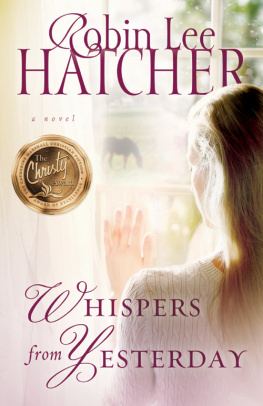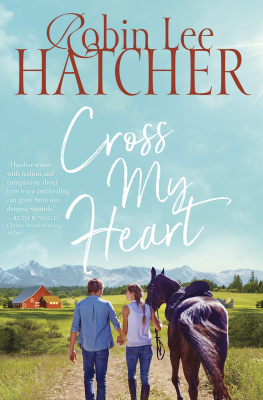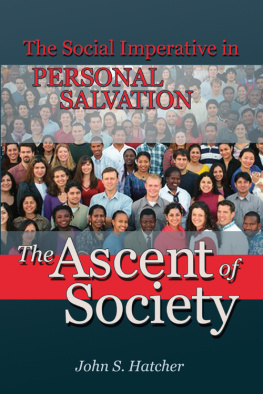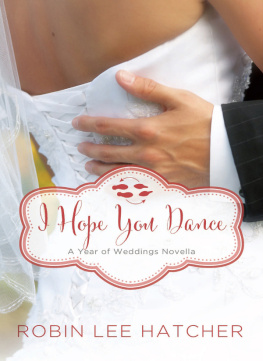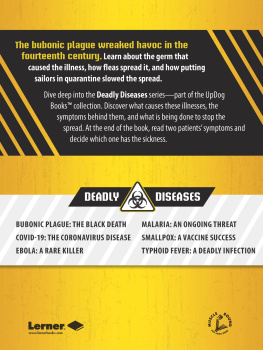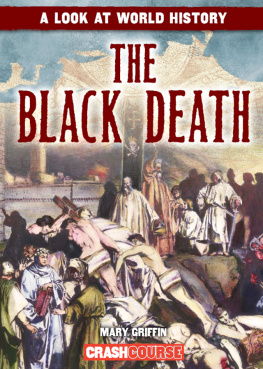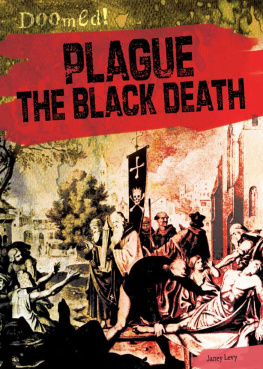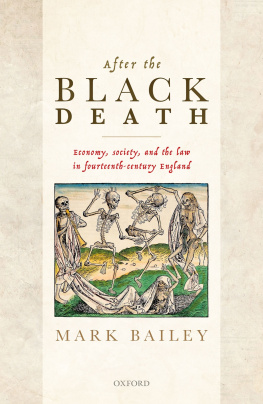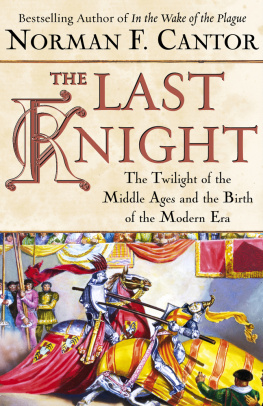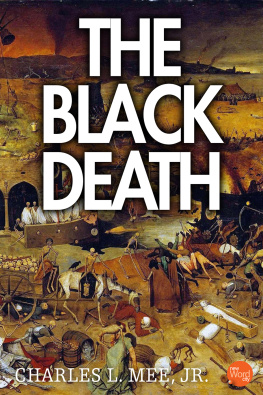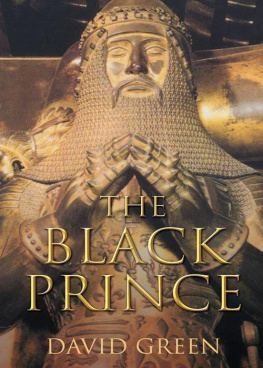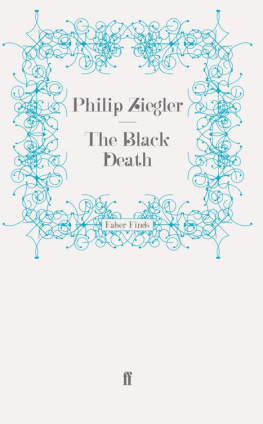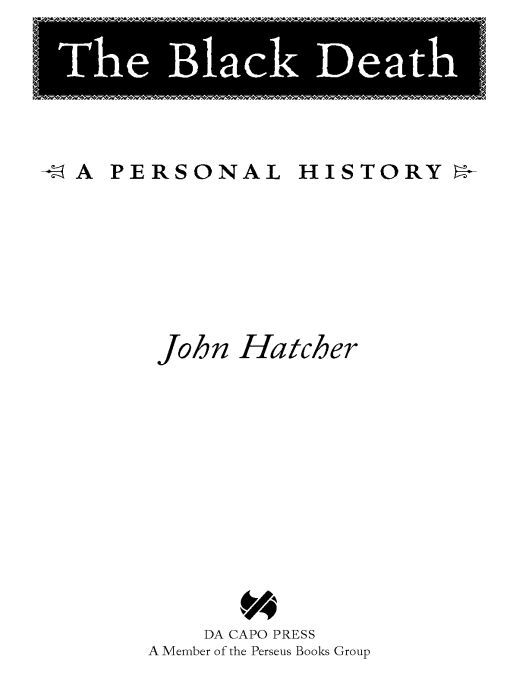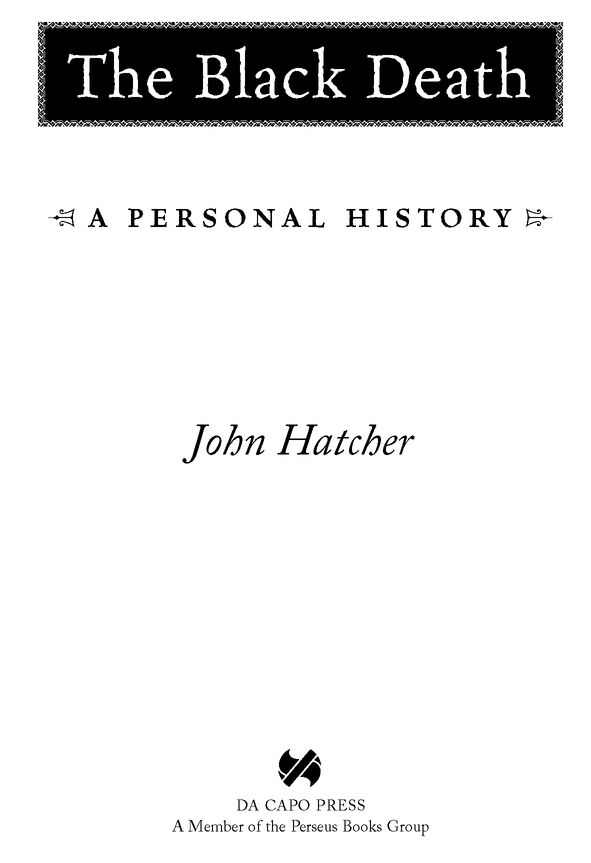Table of Contents
Table of Figures
PRAISE FORTHE BLACK DEATH
For those whose only knowledge of the plague comes from Monty Python, but are willing to learn more, Cambridge Professor Hatcher takes a serious, but very readable look at the epidemic.
New York Post
Tells you everything you ever wanted to know about the unstoppable killer plague that devastated a 14th-century English village.
Maxim
A haunting combination of unobtrusive expertise and considerable imagination.... Neither a work of bloodless historical analysis nor a piece of historical fiction, but a gripping combination of the two.
Paul Freedman, Chester D. Tripp Professor of History at Yale University, and author of Images of the Medieval Peasant
Hatcher effectively portrays the collective hysteria that gripped the land.
Kirkus Reviews
An unusual yet unusually gripping way to capture the distant past.
Booklist
A very readable, engaging work.
Library Journal
A fascinating read.... A welcome addition to our understanding of this poorly documented catastrophe.
Fifty Plus
Hatcher exhibits a crisp narrative style that lends itself easily to this kind of storytelling.
Charleston Post & Courier
A brilliant overview of the plague.... Intricate personal portraits create a dynamic sense of reality.
Metro Spirit (Augusta)
An unforgettable picture of a society thrown into chaos.
The Commercial Dispatch (Columbus)
To Melissa and Zara,
who have suffered from the Black Death since birth.
PREFACE
The Nature of This Book
This book is an experiment in combining history and fiction. It evolved from a search to find a new way of adding to our knowledge and understanding of a distant but massively important and very well-worn historical topic. Although it contains an abundance of historical facts and context and its content is based as far as possible on what is known about the mid-fourteenth century and the Black Death, it also contains fiction. The fiction is there with the intention of supplying a framework for the presentation of the facts, as well as to add a further and more vivid dimension to the manner in which they can be observed. Great care has been taken to ensure that the fiction does not conflict with the facts, but the result is literary docudrama rather than conventional history.
Having researched and published on the history of the fourteenth century for the past forty years, I wanted to write a book about the Black Death, the greatest natural disaster the world has ever seen. Within the space of a few years in the mid-fourteenth century this horrific pestilence swept across the whole of the known world killing at least 35 percent and probably more than 40 percent of the population. Even to our own age, which is highly skeptical of historical turning points and generally favors evolution over revolution, the Black Death is commonly recognized as an event of immense significance.
Yet I was undecided what sort of book to write. The Black Death has exerted a perennial fascination for scholars, students, and readers of history. But if the appetite for learning about it is enormous, so is the number of books and articles that have been written to feed that hunger. One obvious choice for me was to write a survey tracing the doleful progress of the plague across Europe, from its origins in the Asiatic steppes in the early 1340s to its demise in Russia in the early 1350s. As is customary in such books, the narrative could dwell in each of the cities and countries ravaged by the disease, and a series of pictures painted of the devastation it caused using contemporary accounts, ranging from Boccaccios elegant report of the ruin of Florence to al-Maqrizis reflective description of the plagues journey through the Middle East, and Emperor Ioannes Cantacuzenoss eyewitness testimony of the ravaging of Constantinople. It would then be conventional to add a multitude of descriptions of the nature of the disease and the symptoms it caused, drawn from the observations of those who witnessed it as well as from modern medical science. Then an attempt could be made to calculate the spectacular death rate. Finally, a conclusion could be added consisting of a general assessment of the impact that this and later outbreaks of pestilence had on succeeding generations.
But such books have been written many times before, and all the best narrative sources on which they must be based are very well-known. So instead of embarking on yet another general survey of the Black Deaths rampage across the known world or even through a single country, I started planning a very different sort of book. I wanted to probe deeper, to focus on the particular rather than the general, and to uncover as much as I could about what it was like for ordinary people to live and die in these momentous years. Therefore, I decided to try to tell the story of the great pestilence from the perspective of the inhabitants of a single village. The place I chose was Walsham le Willows, a large rural parish in northwest Suffolk that possesses exceptionally good local records which run continuously through the crucial years, from the mid-1340s to 1350. But as I began to work on the book, it soon became clear why nothing like this had ever been done before. Even in the best documented of places, the sources surviving from the fourteenth century are silent, or severely deficient, on most of the issues that were central to the lives of the villagers. There are no diaries, reminiscences, or correspondence, and no accounts of what people believed or how they spent their days. In fact, there is scarcely any truly personal information on the vast majority of men and women who lived at the time, for they were illiterate and their rulers and betters were not concerned to write much about them. Thus, despite being of exceptional quality for the period, Walshams sources fall far short of enabling the historian adequately to explore the experiences of its inhabitants during the Black Death. As a result, any conventional historical account which is written about this village, or any other village for that matter, rather than being comprehensive and intimate will inevitably be selective and impersonal.
Historians seeking to write an intimate social history of the great pestilence will find themselves constantly thwarted by the lack of evidence. Instead of writing the story they might seek to tell, they will have their focus set by the very different priorities and motives of the fourteenth-century clerks and administrators who compiled the records. While we would wish to discover what the people who lived and died in these tumultuous years experienced, heard, thought, did, and believed, even the very best sourcesthe local court recordstell us primarily about such matters as the straying of sheep and cows, the failure to repay debts, the obstructions which careless or selfish villagers left in the way of paths and watercourses, the poaching of rabbits, the election of villagers to manorial offices, or the buying, selling, and inheritance of plots of land. And what is more, they rarely do so in other than brief and formulaic language. Pieces of information like this, of course, capture an essential part of the routine of rural society and they can occasionally be supplemented by notices of deaths, marriages, and illegitimate births, but much of the world in which Walsham villagers lived is left in deep, impenetrable shadow. Local records tell us frustratingly little in a direct manner about the impact of the Black Death. The intimate history of the Black Death, as it was witnessed by those who experienced it, was never recorded.


